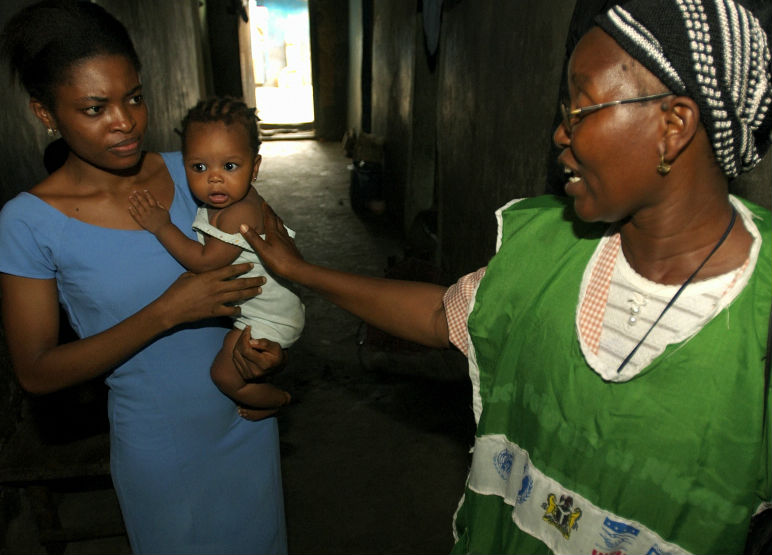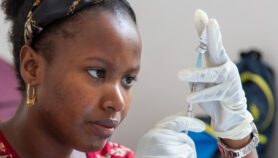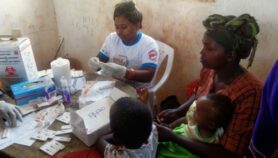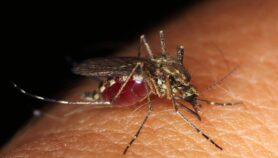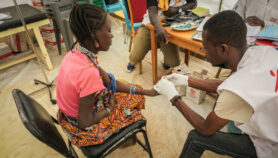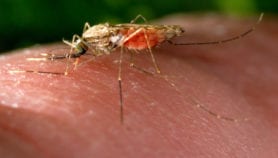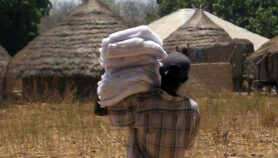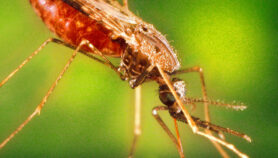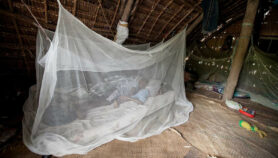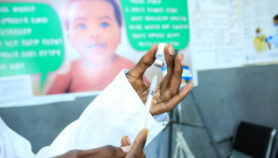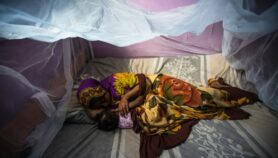Send to a friend
The details you provide on this page will not be used to send unsolicited email, and will not be sold to a 3rd party. See privacy policy.
WHO advisors have put a damper on hopes that the first malaria vaccine could soon reach African infants.
In July, European regulators deemed the RTS,S vaccine safe, saying it provides “limited” but worthwhile protection in babies against Plasmodium falciparum, the malaria parasite most prevalent in Sub-Saharan Africa.
But last week, the WHO’s Strategic Advisory Group of Experts on Immunization and its Malaria Policy Advisory Committee urged caution. They say the vaccine still needs another three to five “large pilot implementation projects” before it can be used widely, citing concerns about its delivery.
The vaccine “requires four doses for a child to be fully protected and therefore requires additional contacts with the health care system”, the WHO explained in a statement last week (23 October). The last dose, which is critical to protect children, is given 18 months after the third dose.This is not in line with the existing immunisation schedule, “in which most vaccines are administered to infants six to 14 weeks after birth”, says the global vaccine alliance Gavi.
Therefore, the delivery of RTS,S poses potential “logistical challenges to health systems in low-income countries”, Gavi adds, calling the WHO experts’ recommendations “prudent”.
GlaxoSmithKline, the vaccine’s manufacturer, sounded a positive note. The AFP news agency quoted the firm as saying that the WHO advisors’ recommendation is “an important step” towards making the vaccine available.
But the medical charity Médecins Sans Frontières is less optimistic. The vaccine’s effectiveness is low and its four-dose delivery is complex, so “RTS,S ultimately does not meet the criteria needed to provide adequate protection for those who need it most”, says Micaela Serafini, medical director at the MSF Operational Center Geneva, in Switzerland.


